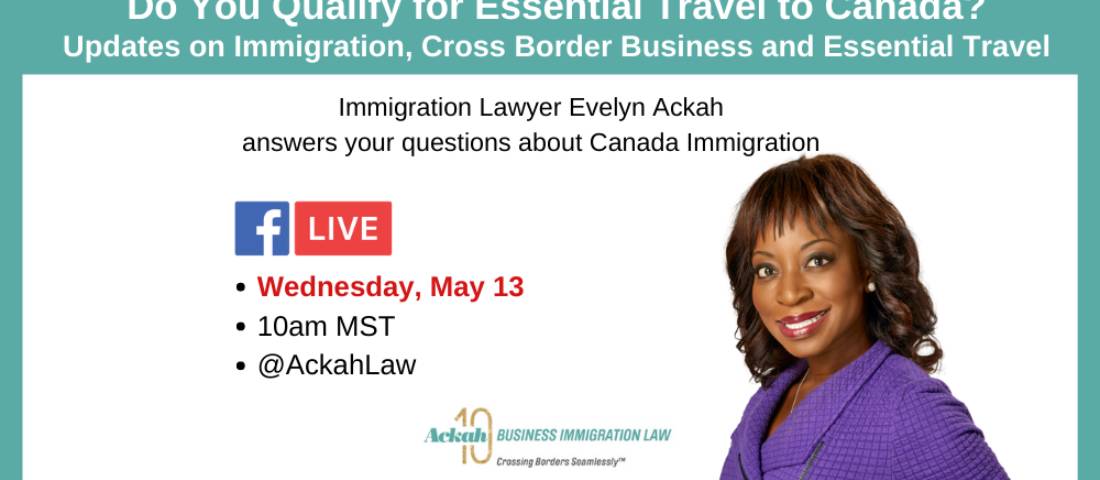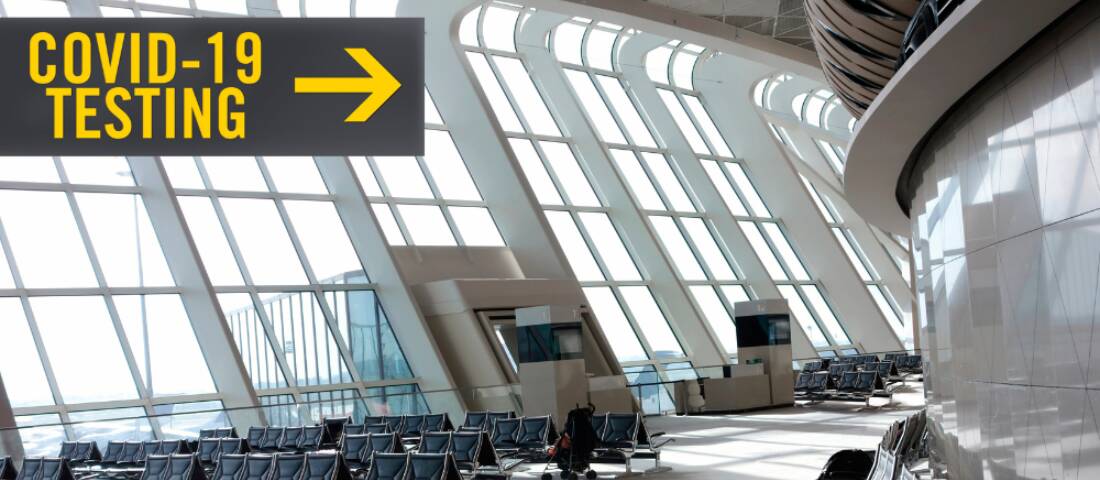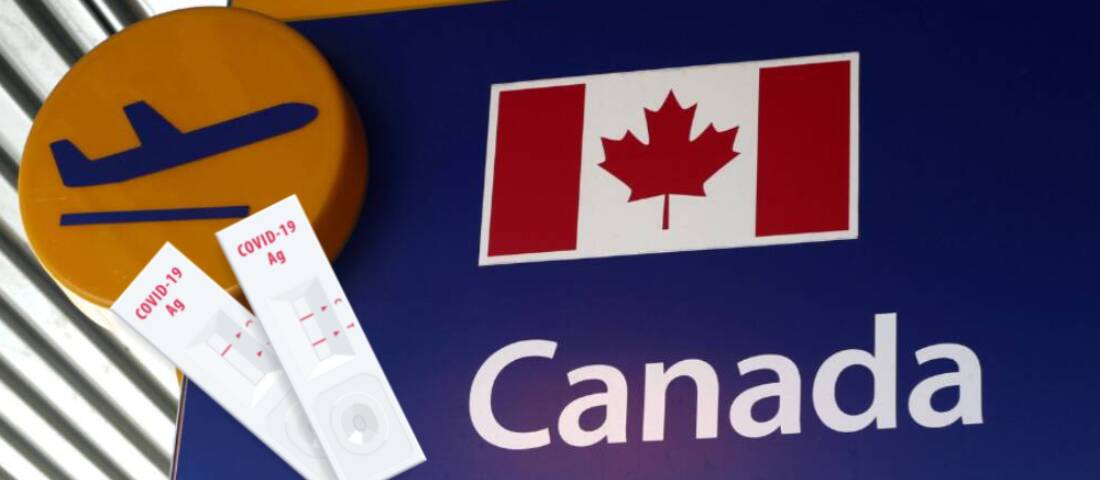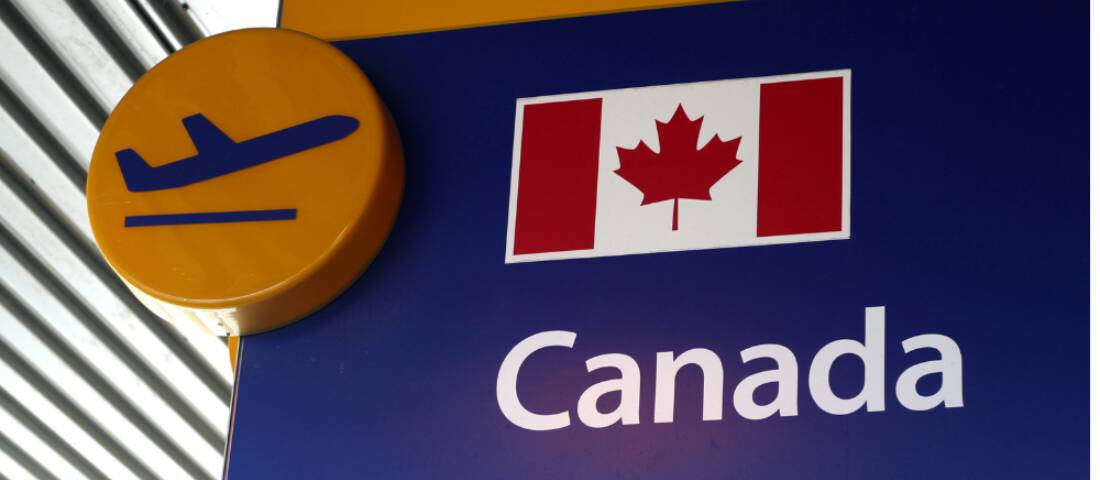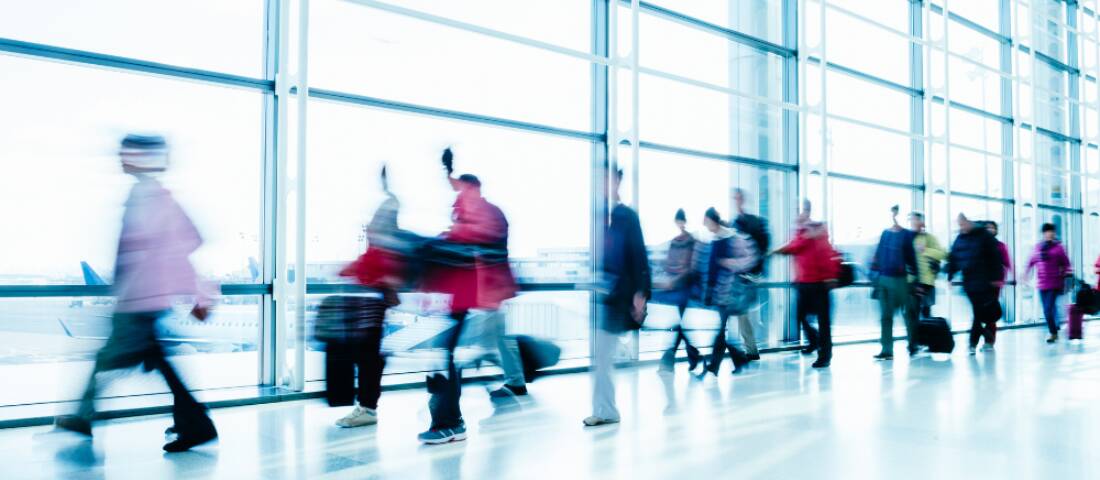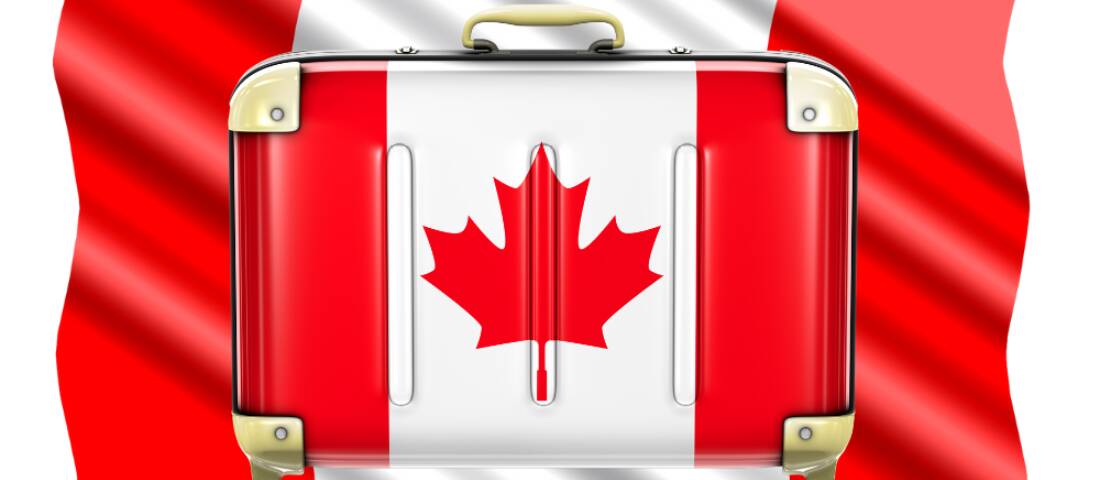The definition of "essential travel" for entry to Canada is frustrating many Canadians, permanent residents, foreign students, immigrants, businesses and foreign essential workers. Canada initially implemented temporary restrictions to enter the country in mid-March to stop the flow of the coronavirus (COVID-19), and has since updated requirements for travel to Canada:
Canada Border Services Agency COVID-19 update: May 1, 2020
If you are a foreign national, you must have an essential reason to travel to Canada. This includes family members and spouses or partners of Canadians. Before you travel, contact the Border Information Service for more information.
If you do not have an essential reason to travel to Canada, a border services officer may deny your entry. For the latest on COVID-19 and Canada’s response, visit Canada.ca/coronavirus or contact the coronavirus information line at 1-833-784-4397.
Canada immigration lawyer Evelyn Ackah says the Canada Border Services Agency (CBSA) officer have total discretion on who may enter Canada and what qualifies as "essential travel." As a result, who is allowed to enter Canada differs from one crossing to the next, and even at the same port of entry. On May 7, Evelyn was interviewed by Vancouver CityNews to address, What Is Essential Travel? and said she’s seeing the rules around the border closure applied irregularly:
“What we are seeing at Ackah Business Immigration Law is that the rules regarding essential workers are not being applied consistently – as sometimes people are admitted at ports and other times people with the same exact situation are being refused entry to Canada. It’s quite unfortunate and challenging to advise clients about. When it comes to business or work in an essential industry, it’s easier to predict success versus the personal family relationship situations.”
Do You Qualify for Essential Travel to Canada? FB Live May 13
Evelyn Ackah will provide the latest updates and interpretations on immigration, cross border business and essential travel in a Facebook Live on Wednesday, May 13 at 10am MT. The replay will be available after the live broadcast @AckahLaw.
Canada Quarantine Act
The Government of Canada's Emergency Order quarantine rules for incoming travellers - including Canadian citizens and permanent residents - under the Quarantine Act are mandatory even if the traveller has no COVID symptoms and require that:
- persons entering Canada by air, land or sea to self-isolate for 14 days if they have symptoms of COVID-19
- quarantine themselves for 14 days if they are asymptomatic to limit the spread of COVID-19
- self-quarantine upon their arrival in Canada
- have a place to quarantine in place before they arrive in Canada
- wear a face mask on their way to their quarantine location
- travellers who do not have an appropriate place to isolate or quarantine themselves must go to a location designated by Canadian health officials, such as a hotel
- penalties for non-compliance with the Quarantine Act include:
- a fine of up to $ 750,000
- six (6) months in prison
- non-residents and non-citizen immigrants be considered inadmissible
- non-residents and non-citizen immigrants removal from Canada and denied entry for 1 year
Canada Domestic Travel
In addition to restrictions on non-essential travel between the United States and Canada, some Canadian provinces and territories have put in place specific restrictions for domestic travel across their borders.
Visitors
Tourism visitors and non-essential travel are not allowed. The Canada-US border is temporarily closed for all non-essential travel.
Foreign Workers
IRCC is open and process work permit applications and Express Entry visa applications during the coronavirus pandemic. Foreign workers who already have a work permit or whose applications have been approved or are approved in the future are allowed to enter Canada.
- Temporary foreign workers can travel to Canada by air or land for essential travel: not for recreation, tourism or entertainment.
- Work permit applications submitted outside of Canada that require an in-person submission and biometrics are on hold. All biometrics appointments are cancelled until further notice.
- Most Canadian visa application centers outside of Canada have been temporarily closed.
- Applications for work permits at the border or at Canadian airports are no longer authorized.
Foreign Students
Study permit applications continue to be processed. Students whose study permits were approved on or before March 18, 2020, are allowed to enter Canada.
- Study permit applications submitted outside of Canada that require an in-person submission and biometrics are on hold. All biometrics appointments are cancelled until further notice.
- On April 28, 2020, foreign students who are currently in Canada were authorized to temporarily work more than 20 hours per week provided they meet all of the following conditions:
- hold a study permit during the study session
- be authorized to work off-campus
- work in the provision of an essential service
Permanent Residents and Permanent Resident Applicants
IRCC is open and processing applications for permanent residents.
- PR applications submitted outside of Canada that require an in-person submission and biometrics are on hold. All biometrics appointments are cancelled until further notice.
- Permanent residents who travel to Canada and have no symptoms of COVID-19 must comply with Quarantine Act requirements.
- Applicants for permanent residence who were approved on or before March 18, 2020, but who have not yet been to Canada, are exempt from travel restrictions and may enter Canada but must comply with Quarantine Act requirements.
Read More:
- Canada Updates Quarantine Rules for Incoming Travellers
- Travel Limits to Canada by Passenger Vessels
Do You Qualify for Essential Travel to Canada?
If you have questions about your immigration application or eligibility for you or your team to cross the U.S. / Canada border on business, or other immigration issues during the coronavirus restrictions or for post-restriction business, contact Ackah Law today at (403) 452-9515 Ext. 100 or 1-800-932-1190 or email contact@ackahlaw.com.

